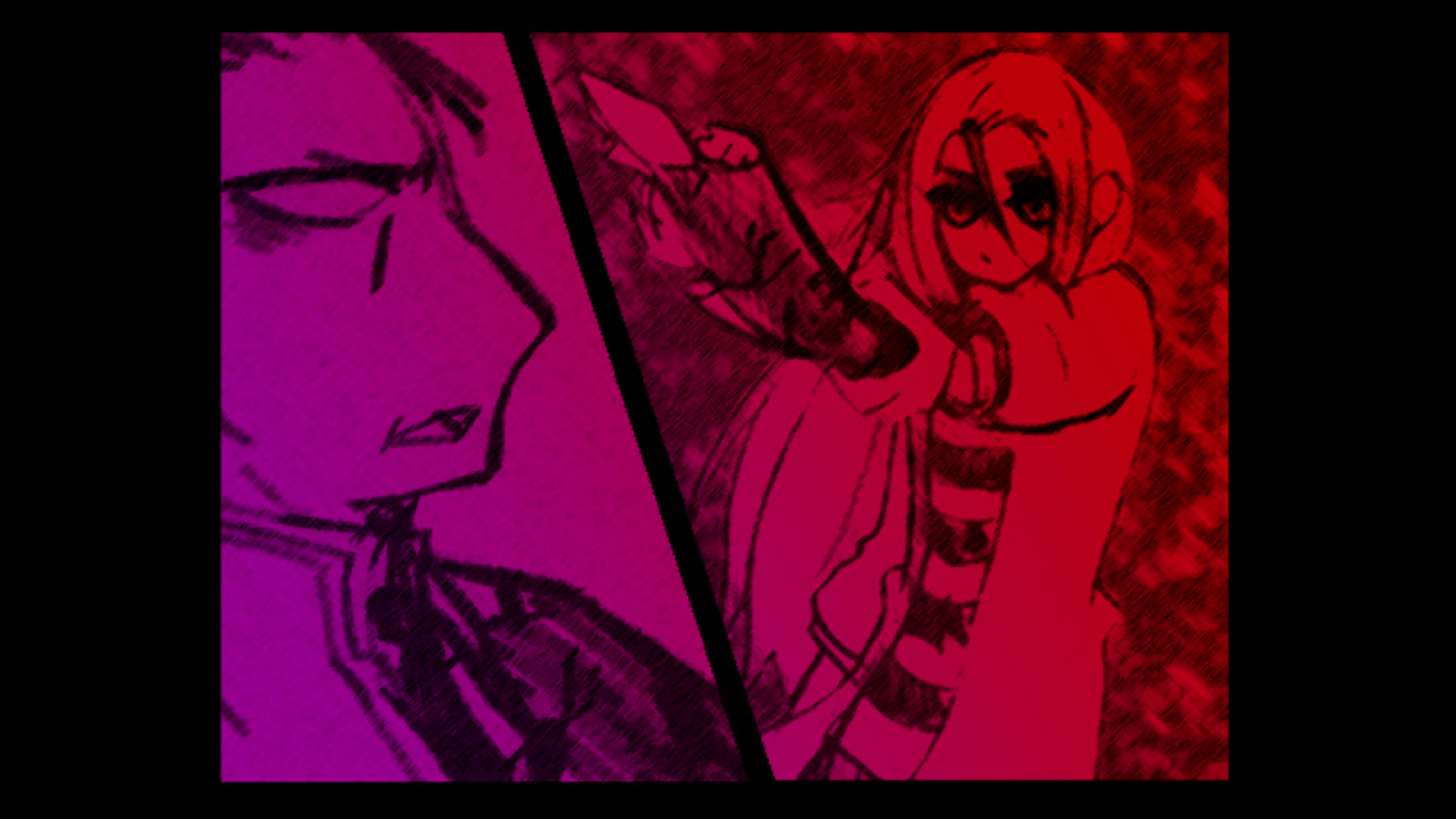It’s a Monster Mash
The word, “monster,” is a strange one. We could dive into the original meaning of the word, noting that “monster” was once used to describe a near-perfect being. I could also just send you to the Oxford English Dictionary rather than cover it here. For now, we’ll simply use the term as we know it today, a word that typically describes a frightening, evil creature. Particularly, I’m perplexed by how it is used to describe a person.
We have marked a number of people as monsters: Hitler, Stalin, Himmler, Bundy, Gacy Jr., rapists, pedophiles, and the corrupt. What is the common theme among them? They have harmed others on a morbid level, and they enjoyed doing so on some level. In some cases, these human monsters seem to have no sense of empathy. To avoid calling them monsters outright, we label them as antisocial, sociopathic, and psychopathic. We also love to use these labels for our ex-lovers, estranged parents, and enemies.
Then we get something like Zack in Angels of Death. He fulfills almost all of the characteristics above, yet we’re supposed to like him. We learn a bit about his tragic back story, and this knowledge coupled with his change of heart give us some sort of pass to like him. He’s a “monster,” something he even calls himself. Hell, he’s nothing compared to the Joker of the Batman universe. The villain is the epitome of chaotic evil and also the heartthrob of angsty teenagers. Other fan-favorite monsters include Hannibal Lecter, Darth Vader, Elmo, and Loki. How can these characters be so endearing when they’re as vile as some of our most inhumane humans?
Does the fictional element make them more palatable? Because no one is really harmed, can we get our bloodthirsty kicks from our lovable monsters? Does the audience even consider them “monsters” in the first place? I may be getting ahead of myself; even “real-life villains” like Ted Bundy have had their own fan groups.
This is why “monster” intrigues me. It’s meant to brand bad people, but we have made bedfellows of these creatures under our beds. I don’t tend to delve into these discussion topics in these journals, but this isn’t the first time I’ve pondered what makes a monster and what makes a loved one. If I were to have no empathy, if I were to love hurting others, and if I were to cause harm, what kind of monster would I be?

